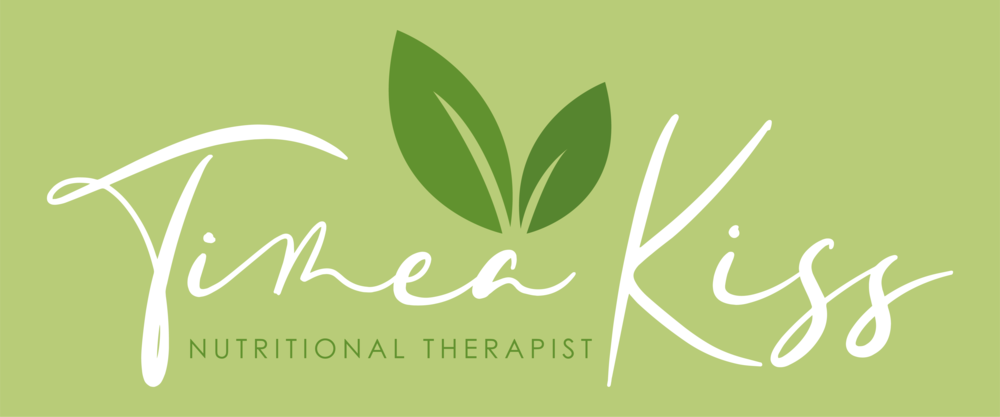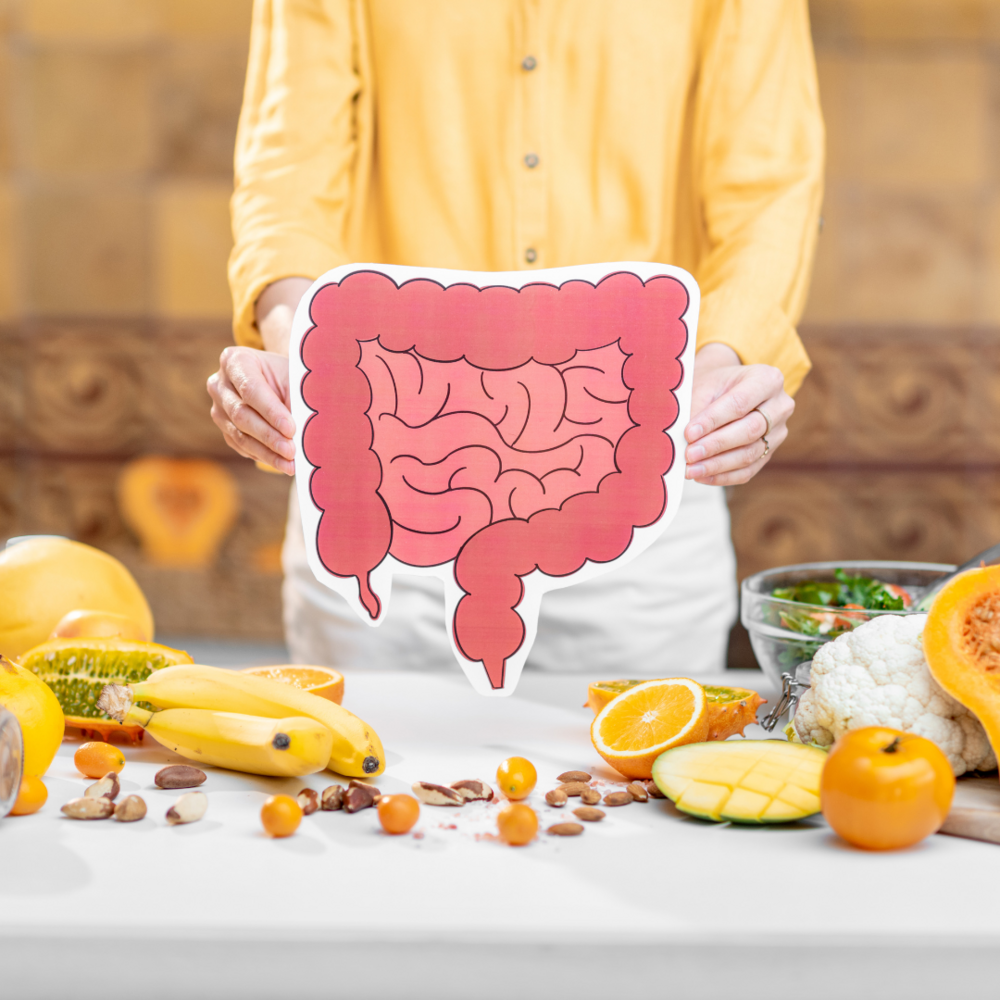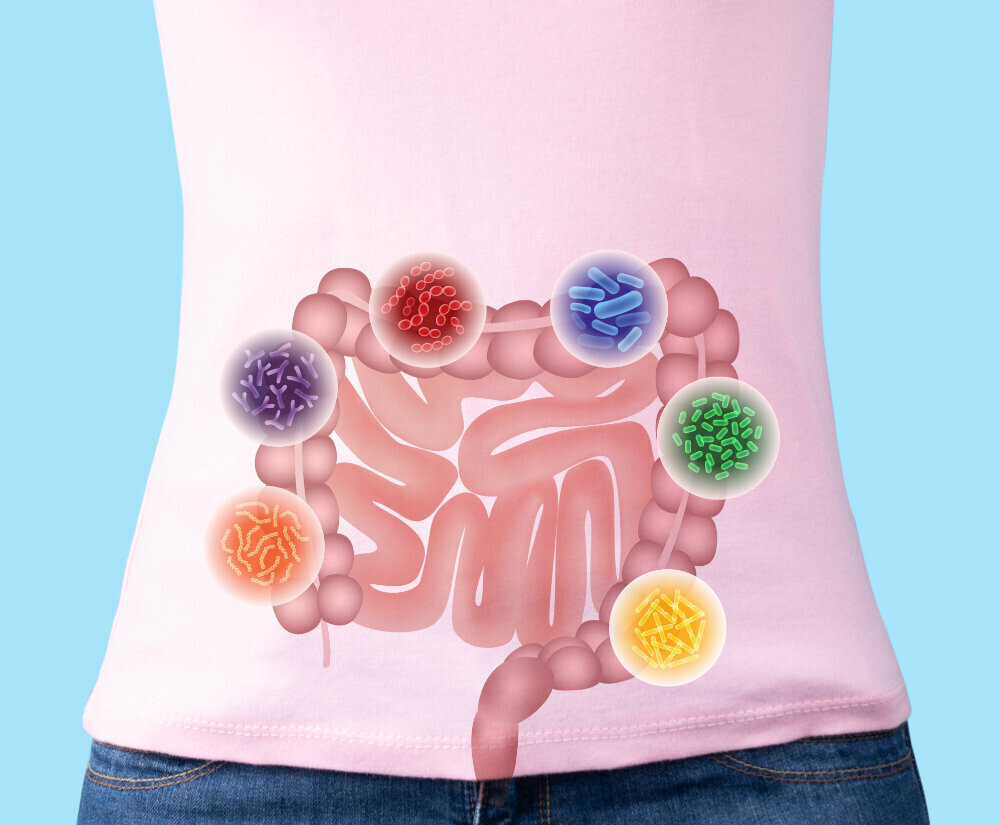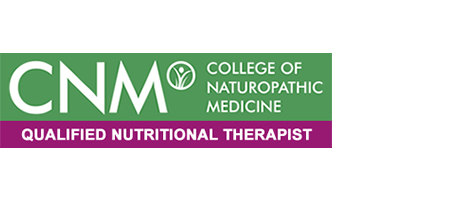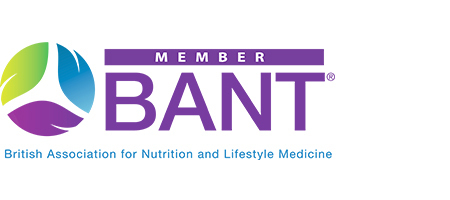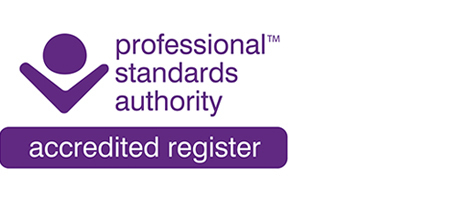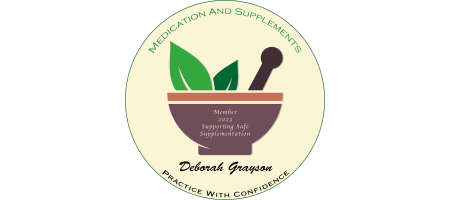The human gut is home to a diverse community of microorganisms that are crucial for our health. These microbes, which include bacteria, fungi, and viruses, are often misunderstood as only causing diseases, but many of them are actually essential for our well-being. Your body hosts trillions of these beneficial microbes.
These microorganisms are vital for several key functions: they help develop the immune system, digest fibres, produce energy, eliminate toxins, regulate hormones, and synthesize vitamins and neurotransmitters. They also defend against harmful pathogens. Supporting gut health is central to my approach at Timea Kiss Nutritional Therapy.
Conditions Linked to Gut Health
Poor gut health can lead to various conditions beyond common digestive issues like constipation and diarrhoea:
• Unexplained Weight Gain: Research suggests that the microbial diversity in the gut differs between overweight and lean individuals, affecting appetite and eating behaviours.
• Skin Issues: Poor gut health can significantly impact skin function and its microbial balance.
• Mood Swings, Depression, Anxiety: The gut microbiome influences mental well-being through the gut-brain axis.
• Brain Fog and Memory Problems: There's a connection between our gut microbiome and brain function.
• Sleep Disturbances: Most of the body's serotonin, which affects mood and sleep, is produced in the gut. Gut damage can disrupt sleep.
• Recurring Infections: Since 80% of our immune system is in the gut, maintaining gut health is key to preventing frequent infections.
• Food Allergies and Sensitivities: Changes in the gut microbiota can lead to new food intolerances.
• Low Energy and Fatigue: Chronic fatigue has been linked to an imbalance in gut bacteria.

